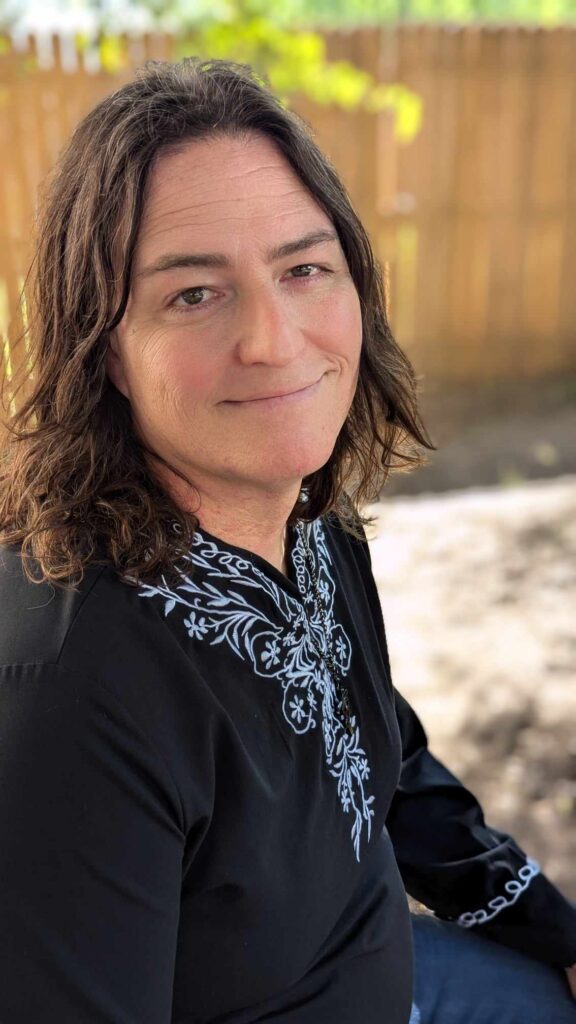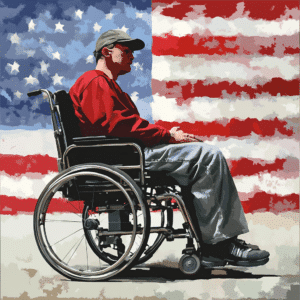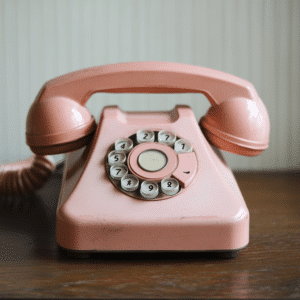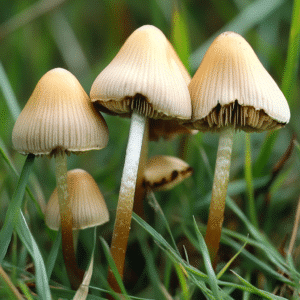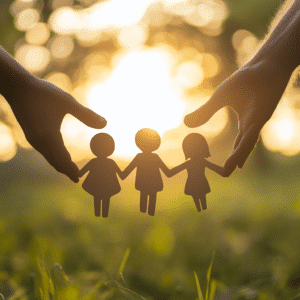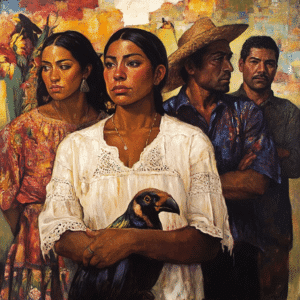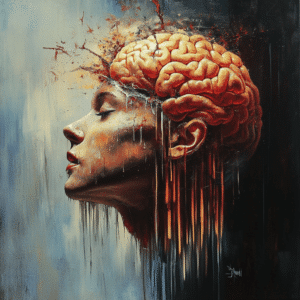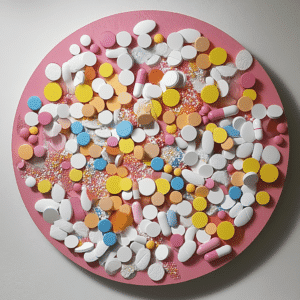Rael is a nonbinary parent and a tenured professor at the School of Social Work at Texas State University. With a Ph.D. in Educational Psychology from the University of Texas, their research delves into the intersection of mindfulness meditation, violence, and large-scale brain networks. Rael’s extensive background includes over eighteen peer-reviewed articles on topics such as mindfulness, self-control, gender roles, and compassion. Their work spans diverse populations, including inmates, veterans, first responders, and racial and gender minorities. With a personal journey shaped by gender identity struggles, a passion for helping marginalized communities, and a commitment to advancing understanding around addiction, Rael brings a unique perspective to both their professional and personal life. In this interview, Rael shares their insights into the impact of addiction on their life, their journey towards healing, and their advice for others navigating similar paths.
| Interview with Rael | |
|---|---|
| Name | Richard (Rael) Morley (They/ Them) |
| Title | Professor, School of Social Work, Texas State University |
| Education | Ph.D. in Educational Psychology, University of Texas |
| Research Focus | Mindfulness meditation, violence, large-scale brain networks |
| Publications | 18+ peer-reviewed articles on mindfulness, violence, self-control, gender roles, compassion |
| Professional Experience | Parole officer, case worker, lecturer, expert witness, mindfulness trainer |
| Key Advice for Mothers | Practice self-compassion, mindfulness, and accept struggles as part of the human experience |
Can you start by telling us a little about yourself?
I am a nonbinary parent and college professor from the School of Social Work at Texas State University. I have a Ph.D. in Educational Psychology with an emphasis on Human Development, Culture, Neuroscience, and Quantitative Methods from the University of Texas. My main research focus is the intersection of mindfulness meditation, violence, and large-scale brain networks. I have published over eighteen peer-reviewed articles on mindfulness, violence, self-control, gender roles, and compassion. I researched various populations including inmates, veterans, first responders, racial, and gender minorities. Specifically relating to the topic of addiction, I am also currently conducting research exploring the impact of mindfulness, and gendered language on impulse-related disorders including addiction. I have also presented at various academic and professional conferences including the Science of Consciousness, the American Psychological Association, Teacher Educators for Children with Behavioral Disorders Conference, the Annual Society for Social Work and Research Conference, and the Texas Probation Association. I also have many published talks including A TEDx talk and philosophical dialogues at Texas State on compassion and violence. I also have consulted as an Expert Witness and conducted mindfulness-based training for the Austin Police Academy. Before my role in academia, I worked in many related professions including as a parole officer and case worker helping folks with felonies find jobs.
As far as my journey, my parents were educators who frequently moved around the state of Texas though most of my childhood was spent in the Rio Grande Valley. I struggled with gender identity during most of my adolescence and college life. One way I coped with it was by exploring meditation. I later moved to Austin and coped with my identity issues by hyper focusing on work and education. During this process, I worked as a parole officer and empathized with the struggles that formerly incarcerated folks had to cope with. Eventually, I left and worked as a case worker at Goodwill Industries of Central Texas where I helped folks with felonies get jobs. I ultimately began my Ph.D. and started working as a lecturer at Texas State University. The stories of formerly incarcerated folks stuck with me and that became my research interest. I completed my Ph.D. and focused my research on the intersection of mindfulness, violence, and the brain. I got married to a close friend, became a parent, and started in a Tenure Track Position at Texas State University in the School of Social Work. During my first daughters’ pregnancy, my gender dysphoria became an all-consuming struggle that eventually gave me very interesting perspectives on the intersections of the brain and identity. Through the application of therapy, mindfulness, and self-compassion, I eventually realized that gender as a label is something I don’t need to become personally attached to and began to identify as nonbinary. Eventually I had another daughter and sadly my marriage ended in divorce which is not uncommon for individuals coping with Gender Dysphoria. Despite this my coparent an I very are close and eventually fell in love again with one of my favorite LGBTQiA mom’s friends and now have four kids. I was awarded Tenure this summer and now in the process to changing my name to Rael.
Could you share how addiction has personally impacted your life or the life of someone close to you?
I have watched people close to me struggle with addition. It was a motivating factor for my early interest in psychology and neuroscience. It has been heartbreaking to watch people that I love struggle to get through life. It caused me to lose sleep sickened by worry and on occasion still does. I pray that it never impacts any of my kids.
What advice would you give to mothers who are struggling with their own addiction or are supporting a loved one through theirs?
I would be compassionate with yourselves and those around you. Shame is not an ally and the only way to cope with shame is to accept that you are human and struggling with something that is very hard. Treat yourself as you would someone you care about going through the same struggles. Also research shows and I personally believe that mindfulness meditation can help with your struggles especially in regards to becoming more compassionate for self and others.
What were some of the biggest challenges you faced during your journey with addiction, either personally or as a supporter?
Not to fall into the pattern of shaming people close to me struggling with addiction. I got through the process by combating shame with self-compassion that I perfected engaging in mindfulness practices. Once I could cope with my own shame and suffering, I was more receptive to the struggles of others.
How did you find the strength and resources to keep going during the toughest moments? (What role did support systems, therapy, or other resources play?
Through my meditation practice, exercise, my partner, family and friends, and through radical self-acceptance. My support system was really important. They didn’t understand all that I went through but they knew I was suffering and that was enough. Also my kids have been one of the greatest resources. From the moment my first daughter was born, I knew I would do anything and everything to live as long as I can to experience being their parent.
What message would you like to share with mothers who feel isolated or hopeless in their battle against addiction?
Remember that you are not alone. Your struggles are important part of the human experiences and they make you who you are. Give yourself the gift of self-acceptance.
Are there any specific resources, programs, or strategies that you found particularly helpful in dealing with addiction?
I recommend mindfulness practices. These include meditation, Tai Chi, various types of martial arts, and yoga. Research does show that meditation can improve key brain networks associated with addiction.
Is there anything else you would like to share about your experience with addiction or your journey through recovery that we haven’t covered in the previous questions?
This could be a story of resilience, a powerful lesson learned, or a memorable moment that profoundly impacted your understanding of addiction.: I conducted data investigating the impact of mindfulness meditation and self-compassion on predictors of criminality among incarcerated persons in the past. Before the data collection started, I came by to observe how they practiced. I remember one participant talking about how they wish they would have discovered mindfulness meditation before they discovered stimulants. They felt that they never would have gotten on stimulants if they did.

